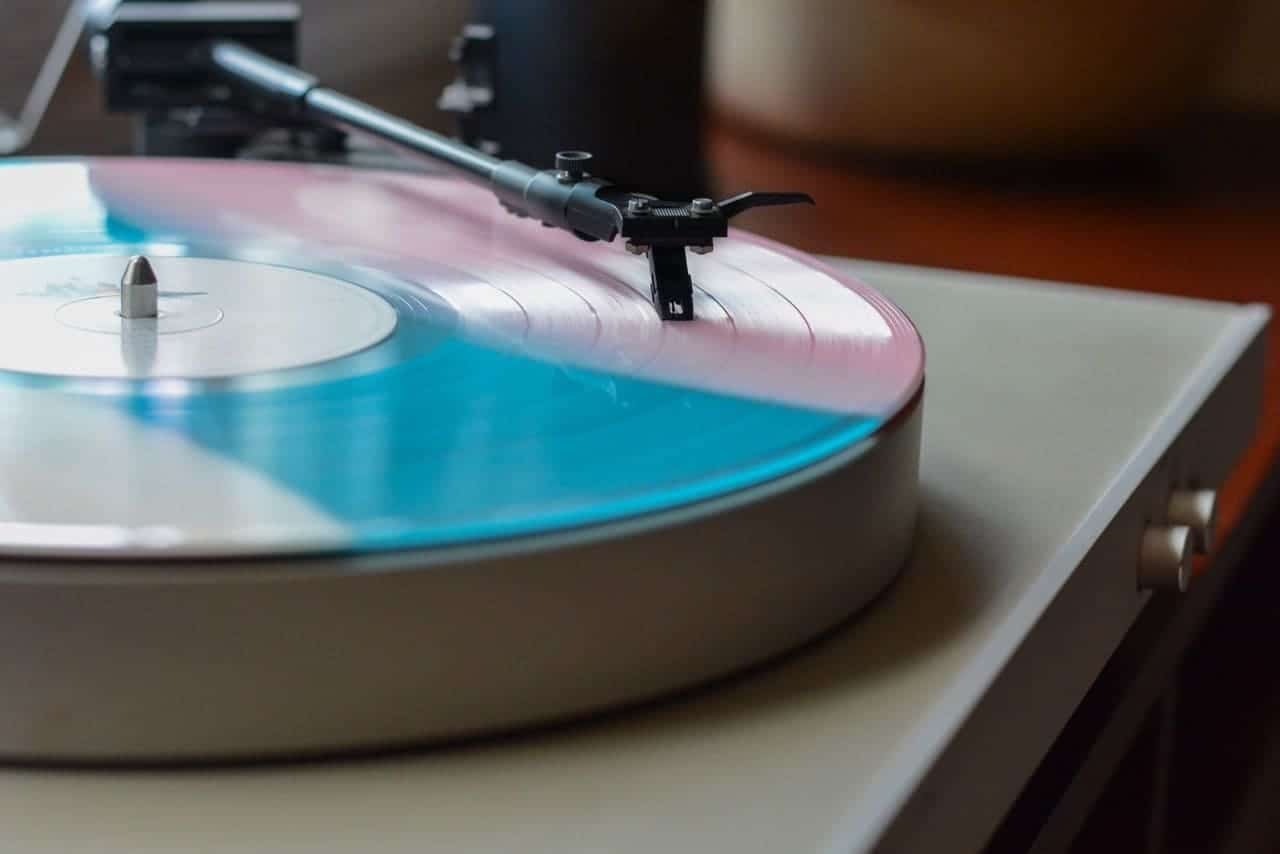Is the number 33 the key to improving your attention span and effectiveness?
Remaining focused in an age where our attention spans are at the mercy of a myriad of interruptions, be it breaking news, app notifications, emails from co-workers, or any similar distractions can be tricky.
Advancements in technology encourage a mindset that things can always be done quickly. But in reality, a job well done is preferable to the cost and time of having to unpick something done in haste. However, by focusing on end gaining to the detriment of our own attention spans and awareness, we risk being less effective when working or studying.
However, could a simple blast from the past (which has been undergoing a mini-revival in recent years) be an answer to the improving the problem with attention deficits and help us all to be become more effective and productive?
The humble 33 long playing record
Growing up through the 1970’s and 1980’s before the advent of streaming and compact discs, vinyl records were one of the main ways we listened to music. And whilst the smaller ’45 record’ promoted potential chart toppers, it was the 33 long playing record (LP) that was often the long awaited event of the year for fans of any rock or pop group.
Putting an LP on the turntable for the first time allowed you to sit back uninterrupted and listen to the musical story of the album evolving through each track. Trying to skip tracks whilst not impossible, meant trying to carefully land the record player stylus in the right place of your spinning disc – not always a simple task! Depending on how treasured the album was, the risk of scratching your LP and ruining a favourite track simply wasn’t worth it (particularly if the album belonged to someone else!)
However, the environment that the humble LP created was one in which people could sit down and just allow their ears to listen. It is also a reason why so many groups from the Rolling Stones to Pink Floyd and Genesis to Fleetwood Mac enjoyed such longevity and worldwide audiences. By listening to whole albums, people remembered the stories that they told – and they wanted to listen to more. Even the odd ‘bad track’ album filler told its own story!
So what’s a bit of old vinyl got to do with improving your attention span?
The humble LP created that special place where you could listen to a story through music, without an annoying advert appearing after every track! Watching the stylus arm lift and return to its holder after the record had finished is a wonder of technology and is all part of the experience of listening to an LP from start to finish.
But more than that, listening to LPs allowed people to share stories about their favourite albums and created a forum in which they could listen to others talk about theirs. And therein lies the hidden treasure of a good old 33 LP, in that by facilitating a listening environment, it also enabled people to communicate, network and share with each other too.
In an age where we strive to be more ‘collaborative’, whether we do so in practice requires the ability to listen alone and to listen to each other, with the patience to hear out another person’s point of view in full. But could the way that we consume music today be having a detrimental effect on our ability to really listen?
The streaming effect
There is no doubt that platforms such as You Tube and Spotify have increased potential accessibility to music, but they have also significantly changed the way that we consume it. More and more music is listened to through individual tracks and bite size chunks, but modern day music consumption comes at the cost of interruptions through adverts, unless you pay a premium to avoid that.
But by having adverts every five minutes or so, unconsciously, the musical story that an album might otherwise have told us on vinyl is interrupted by a marketing pitch. As a result, our attention span to what we were actually listening to (the music) is disrupted and after a while, we switch off from the music to avoid the adverts, defeating the whole purpose of listening to music in the first place!
Of course, some may say the solution is to just pay the premium if you really want to listen to music uninterrupted. However, whilst that may help a few, not everyone can afford that, which leaves the risk of developing different layers of society with differing attention spans and differing levels of patience, simply because some have never experienced listening to something uninterrupted for any meaningful amount of time.
How will you choose to listen?
Ultimately, our ability to listen and exercise patience affects all of our interactions. Whilst it is easy to make demands or insist on certain paths being adhered to, you don’t have to look far into political or modern day life to see how that approach to interacting with each other can fail. Listening carefully and patiently with an open-mind allows legitimate concerns to be considered fairly. Walking away from real listening has completely the opposite effect.
However, by practising and being exposed to listening in an uninterrupted way, it opens up the possibility of building wider attention spans and more meaningful relationships with others.
It is fascinating that so many modern day meetings contain people who are glued to their phones or laptops, when the purpose of most meetings is to listen to each other and share and explore ideas. But that is no coincidence when you look at how music is consumed today. The expectation of being interrupted when listening to music online has perhaps in an unconscious way, led to a parallel norm of it being acceptable to look at a screen when we’re listening to others.
Ultimately, how each of us chooses to listen is down to personal choice, but if you regularly struggle with maintaining your attention span, perhaps try changing the way that you consume music. Putting your favourite album on once a week uninterrupted might just unconsciously help you to improve the way that you listen. And by placing more value on listening, it may also improve how effective you are.








